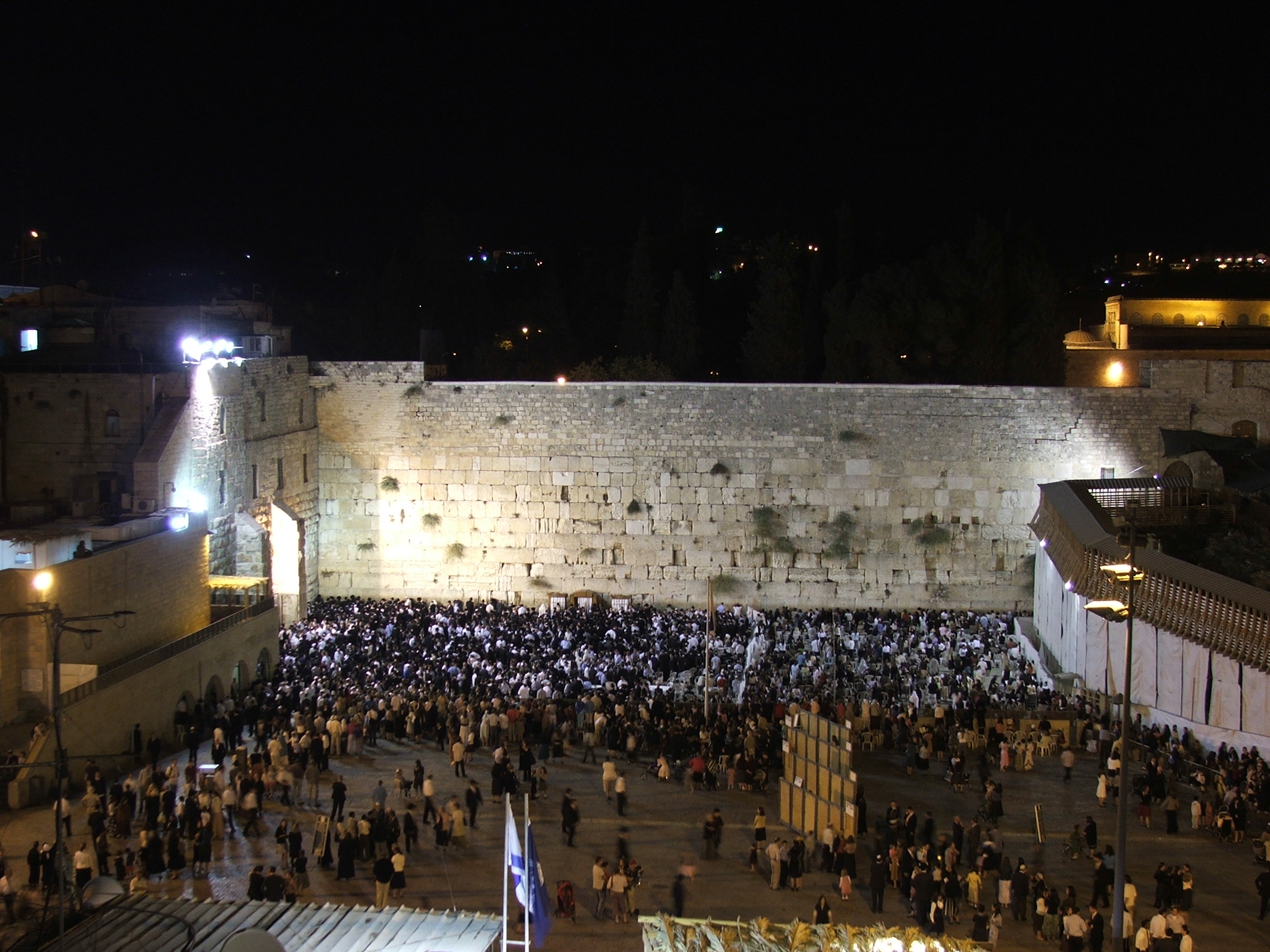 Photo from Wikimedia Commons.
Photo from Wikimedia Commons. Thursday, Nov. 16, in Jerusalem is a day that I will never forget.
The day began with a moving prayer service at Robinson’s Arch, the egalitarian prayer space, celebrating the ordination that evening of the 100th Reform rabbi at Hebrew Union College-Jewish Institute of Religion’s (HUC-JIR) Jerusalem campus. I was finishing a 10-day trip to Poland and Israel sponsored by HUC-JIR in celebration of the historic event.
As a member of HUC-JIR’s board of governors and as a proud Jewish American and Reform Jew, I had a wide range of experiences on the trip that elicited wonder as well as deep concern.
The Robinson’s Arch service was meaningfully led by two women and included a series of female Torah readers. What happened next has been written about extensively, as well as recorded: the encounter between our group and the police at the Kotel.
Unbeknownst to me, the Reform leaders at the Kotel that day had planned to enter the public plaza at the Western Wall carrying eight Torah scrolls and conduct a brief Torah service. Under the Kotel’s rules — enforced by a government-funded nonprofit headed by the Kotel’s Orthodox chief rabbi — it’s forbidden to bring Torahs into the public plaza from the outside. Additionally, the separation of men and women is strictly enforced in the prayer spaces.
In what some describe as an act of civil disobedience, the people carrying the eight Torahs marched toward the metal detectors at the entrance of the plaza. The confrontation, at times quite violent, occurred as the Torah holders forcibly entered the Kotel plaza despite the resistance of the police and several Charedim. In the past, I have witnessed the Women of the Wall Rosh Chodesh services, at which women praying faced similar resistance, but I have never experienced anything like what unfolded that morning at the Wall.
From the stories I have read and the videos I have seen, our group has been hailed as heroes, standing up to the Orthodox to insist that all Jews, not just Orthodox Jews, have the right to pray freely at the Wall. While I fully support a mixed-gender and trans-denominational prayer space at the Kotel, I simply cannot condone an unnecessary provocation, which will have a lasting effect in North America and Israel and in how the progressive Jewish community in North America views Israel. In my conversations with many Israelis, they show little interest in the Wall and don’t understand why it is so important to Diaspora Jews.
I know that I am in a small minority within the Reform Movement in North America on this matter — possibly a minority of one. Many of our HUC-JIR students who are spending the year in Israel were there, and some were subjected to physical and emotional violence. How this will influence their view of Israel will emerge in the coming months and years. My fear is that this will be chalked up to being simply a part of the “Israel experience.”
I have never experienced anything like what unfolded that morning at the Wall.
I am a firm believer that Israel is for Israelis, a country where I am not a citizen. After speaking with many Israelis, I have learned that what is important to them are social issues — income inequality, civil marriage, civil divorce and a host of other matters that Diaspora Jews also support. Not the Wall.
I never believed the Israeli government would honor the agreement for an egalitarian worship space at the Kotel, and I thought that all the rejoicing when it was announced was both premature and self-deceiving. Having now experienced this event firsthand, I am more convinced than ever that pressing for equal worship at the Kotel is not worth risking bodily harm. I think North American progressive Jews are fooling themselves into thinking that this most recent demonstration will further the cause of establishing equality of worship at the Wall. I hope I’m proven wrong.
Jay Geller, a Los Angeles lawyer, is on the board of governors of Hebrew Union College-Jewish Institute of Religion. These opinions are his and do not represent those of HUC-JIR.





















 More news and opinions than at a Shabbat dinner, right in your inbox.
More news and opinions than at a Shabbat dinner, right in your inbox.